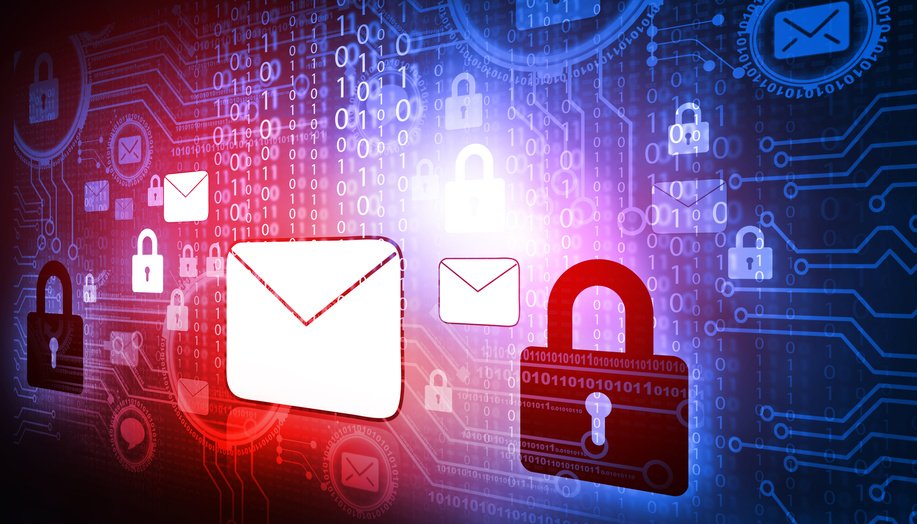
1: Data Protection Measures for Guest Information
Data protection is paramount in the travel and hospitality industry to safeguard guest information from cyber threats. This topic delves into the various data protection measures employed by hotels, airlines, and other hospitality businesses. It explores strategies such as encryption of sensitive data, tokenization for payment information, and robust access controls to ensure that guest data remains confidential and secure. By implementing these measures, businesses can protect guests’ personal information from unauthorized access, data breaches, and identity theft, enhancing trust and confidence in their services.
2: Secure Wi-Fi Networks for Guest Connectivity
In today’s digital age, guests expect seamless and secure Wi-Fi connectivity during their travels. This topic discusses the importance of providing secure Wi-Fi networks in hotels, airports, and other hospitality venues. It explores measures such as network segmentation, strong encryption protocols, and guest authentication mechanisms to prevent unauthorized access and protect against Wi-Fi-based attacks. By offering secure Wi-Fi connectivity, businesses can enhance the guest experience while mitigating the risk of cyber threats such as man-in-the-middle attacks, eavesdropping, and malware infections.
3: Payment Security in Hospitality Transactions
Payment security is a critical aspect of cybersecurity in the travel and hospitality industry, given the frequent use of credit cards and other payment methods by guests. This topic examines the security measures implemented by hotels, airlines, and online booking platforms to protect payment transactions. It discusses technologies such as point-to-point encryption (P2PE), secure payment gateways, and compliance with Payment Card Industry Data Security Standard (PCI DSS) requirements. By prioritizing payment security, businesses can prevent financial fraud, protect guests’ sensitive financial data, and maintain compliance with industry regulations.
4: Employee Training and Awareness Programs
Employees play a significant role in maintaining cybersecurity within the travel and hospitality industry. This topic explores the importance of implementing comprehensive training and awareness programs to educate staff about cybersecurity best practices and potential threats. It discusses topics such as phishing awareness, password hygiene, and incident response protocols to empower employees to identify and respond to cyber threats effectively. By investing in employee training and awareness, businesses can create a culture of cybersecurity awareness and resilience, reducing the risk of insider threats and human error-related security incidents.
5: Incident Response and Crisis Management
Despite proactive cybersecurity measures, incidents may still occur within the travel and hospitality industry. This topic examines the importance of having robust incident response and crisis management plans in place to mitigate the impact of cyber incidents on guest experience and business operations. It discusses strategies for detecting, containing, and recovering from cybersecurity incidents, as well as communication protocols for notifying guests and stakeholders about potential data breaches or disruptions. By having effective incident response measures in place, businesses can minimize downtime, preserve customer trust, and mitigate reputational damage in the event of a cyber incident.
6: Regulatory Compliance and Industry Standards
Compliance with regulatory requirements and industry standards is essential for ensuring cybersecurity in the travel and hospitality industry. This topic explores the regulatory landscape, including data protection laws such as the General Data Protection Regulation (GDPR) and industry-specific standards such as the Payment Card Industry Data Security Standard (PCI DSS). It discusses the importance of compliance assessments, audits, and ongoing monitoring to ensure adherence to cybersecurity regulations and standards. By staying compliant with regulatory requirements, businesses can mitigate legal and financial risks associated with non-compliance while demonstrating their commitment to protecting guest information and maintaining cybersecurity resilience.

